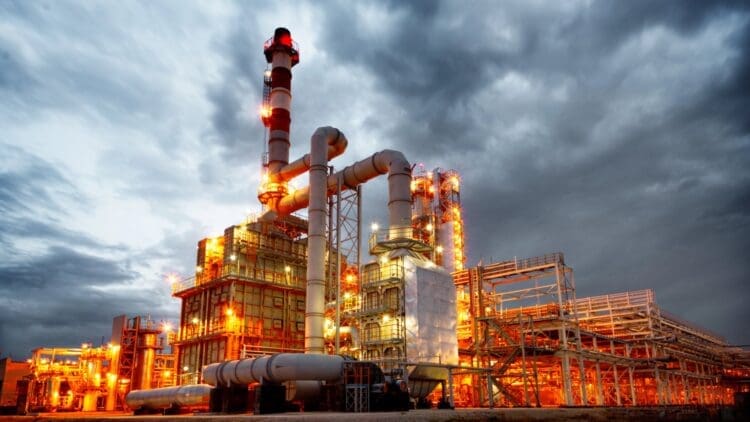As the war in Ukraine rages on with no end to the conflict in sight, Slovnaft has warned of JANAF supply cuts of non-Russian crude, which could threaten the refinery transition taking place around Europe. Slovnat is a Hungarian refining company that relies heavily on Russian energy resources, but has warned that the Croatian pipeline operator JANAF has cut off supplies of non-Russian energy resources, placing the end of Russian energy supply in Europe in peril. Europe has been consumed by a wave of calls to diversify the energy resources it uses and end the use of Russian energy in all its forms.
Slovnaft has reported a worrying state of affairs in its attempt to diversify its energy supply
The global energy community is reacting to the latest rounds of sanctions against Russia by the EU and the United States due to its continued war against Ukraine. The vast majority of Europe’s energy sector has transitioned away from Russian energy, but the statement from Slovnaft notes that the Croatian pipeline JANAF has cut off its supply of non-Russian energy, which JANAF has denied.
Slovnaft is part of the Hungarian MOL group, which has, until recently, relied on Russian crude to produce oil for the international energy community. The company is one of a short list of operators for which the EU provided some leeway and exemptions to continue to use Russian energy. The company has noted its aim to increase non-Russian energy supply at its refinery, and was hoping to have a mix of 50% of non-Russian crude in October and November.
The Russian aggression has spilled over into other nations in Europe
Several European nations have warned of a potential spill-over of Russian aggression into their borders. Poland is one of the nations most at risk, along with Finland, whose Prime Minister delivered a scathing rebuke of RUssian aggression at the recent 80th Assembly of the United Nations. Russia is escalating its war in Ukraine despite overwhelming calls by the international community to sit down and talk things out.
Slovnaft’s attempt to diversify its energy supplier chain has failed to materialize
The company noted that the loss of 90,000 tonnes of deliveries of Arab Light crude via Janaf has placed it in peril of not being able to diversify its energy supplier chain, which has caused the company to release a statement blaming JANAF for the issues, which they promptly denied.
“Janaf told us they need this technological amount because they stopped supplying Serbia’s NIS after the U.S. administration sanctioned them. – Slovnaft spokesman Anton Molnar
The company has noted that replacing the loss of energy resources can not be dealt with overnight, and may affect energy prices in Hungary for an exceedingly long time to come. Following the recent approval given to phase out Russian energy contracts by the EU ministers, the United States has placed increased pressure on Putin to end the war through its latest sanctions aimed at Russian businesses.
Hungary is hoping to sit down with the United States and discuss the sanctions situation
Hungary’s Prime Minister, Viktor Orban, has noted his intention to have a sit-down with US President Donald Trump in the next few months to negotiate and discuss the sanctions that have affected its energy supply. Hungary is among the nations in Europe that have been exempt from certain sanctions due to its inability to resource other energy suppliers. Communication between nations is key to finding a resolution to the issues, especially since Brussels enacted new measures to block the flow of indirect Russian oil on the continent. Solvnaft and JANAF will need to consider the impact of their actions on the international energy community.





